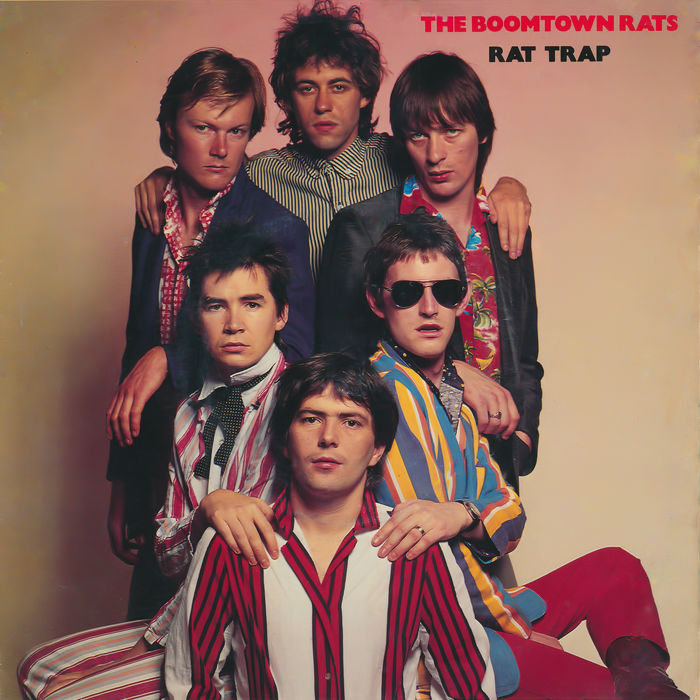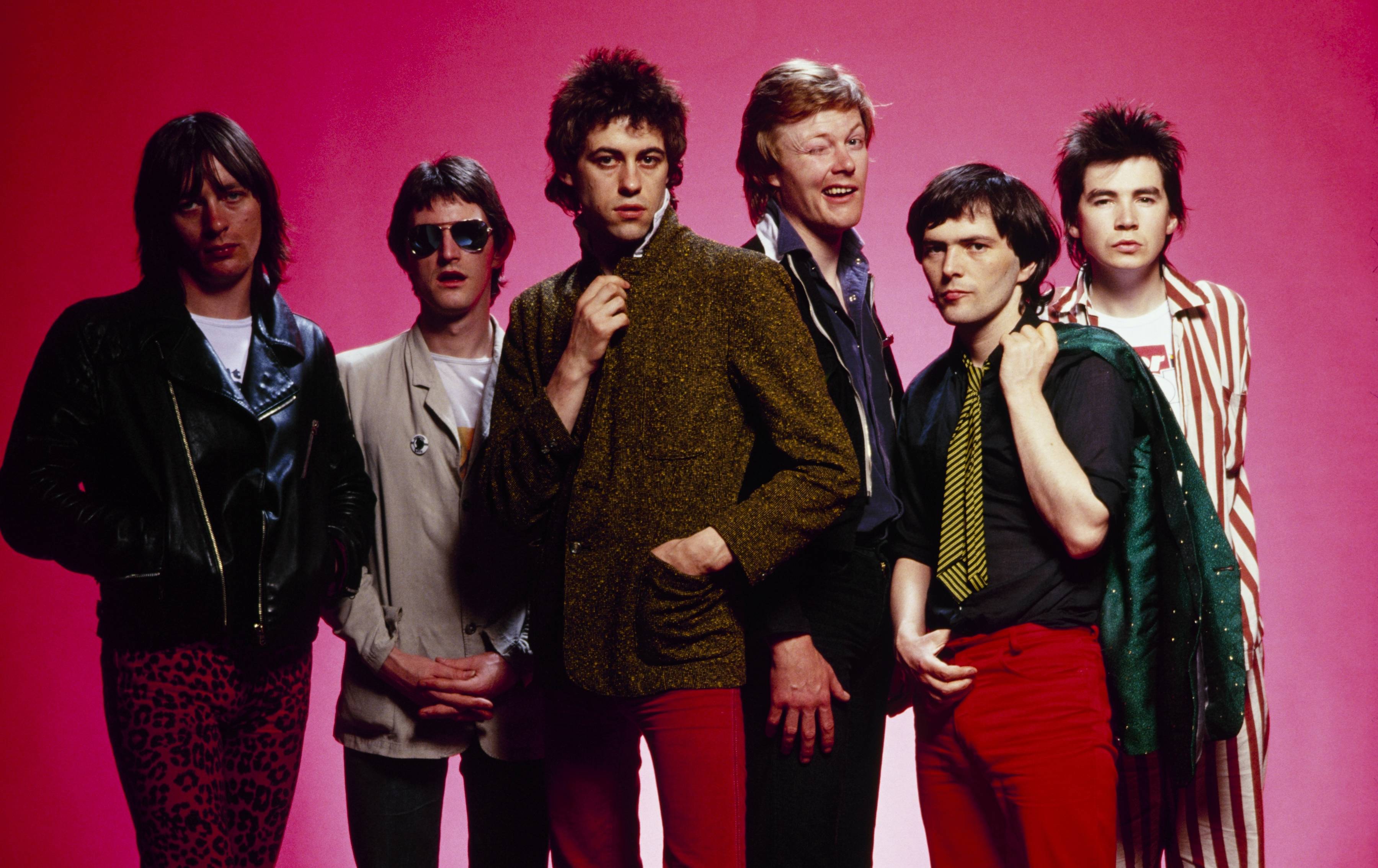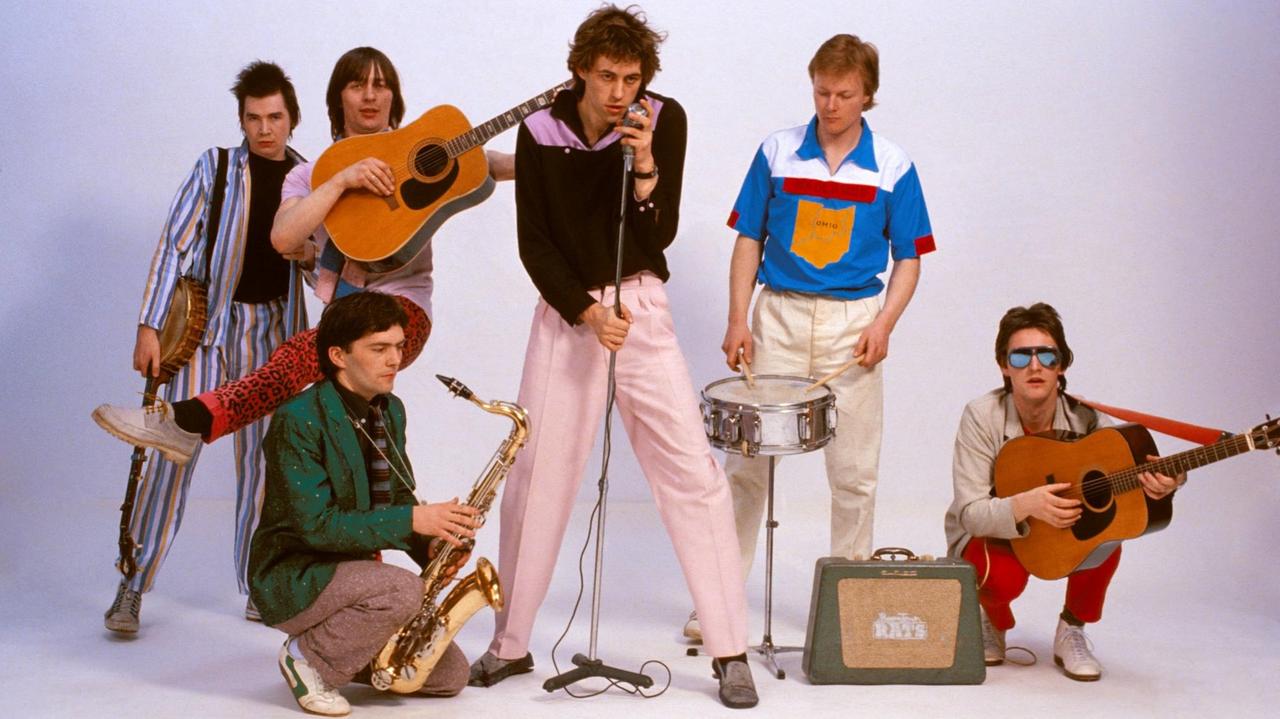“Rat Trap” – The Boomtown Rats

“Rat Trap” by The Boomtown Rats is a seminal track from the late 1970s that marked a pivotal moment in the new wave music movement. Released in 1978, the song quickly climbed the charts and secured its place as a number one hit in the UK Singles Chart. This achievement was particularly notable as it was the first new wave song to top the charts, signaling a shift in musical tastes and the growing popularity of the genre.

Written by the band’s charismatic lead singer, Bob Geldof, “Rat Trap” is a powerful narrative song that delves into the disillusionment and frustrations of youth trapped in a monotonous and uninspiring environment. The lyrics paint a vivid picture of a young man’s struggle to escape the confines of a dreary, dead-end town. This narrative style was a departure from the typical pop songs of the time, offering a more introspective and socially conscious perspective.

The song’s production, handled by Robert John “Mutt” Lange, complements its gritty and raw lyrical content. Lange’s production techniques helped to create a sound that was both polished and edgy, capturing the essence of the new wave movement. The instrumentation in “Rat Trap” is notable for its energetic and dynamic arrangement, featuring a blend of driving guitars, pulsating basslines, and emphatic drumming, all of which underpin Geldof’s passionate vocal delivery.

“Rat Trap” resonated with a generation that was grappling with economic hardship and a sense of aimlessness. Its success helped to catapult The Boomtown Rats to fame, establishing them as a prominent force in the music industry. The song’s impact went beyond commercial success; it also contributed to the broader cultural and musical landscape, influencing other artists and bands in the new wave genre.

The Boomtown Rats continued to build on the success of “Rat Trap,” with Bob Geldof later becoming an influential figure not only in music but also in humanitarian efforts, particularly with his work on Live Aid. “Rat Trap” remains a defining song of the era, encapsulating the spirit of rebellion and the desire for change that characterized the late 1970s. Its legacy endures as a testament to the power of music to capture and articulate the zeitgeist of a generation.











